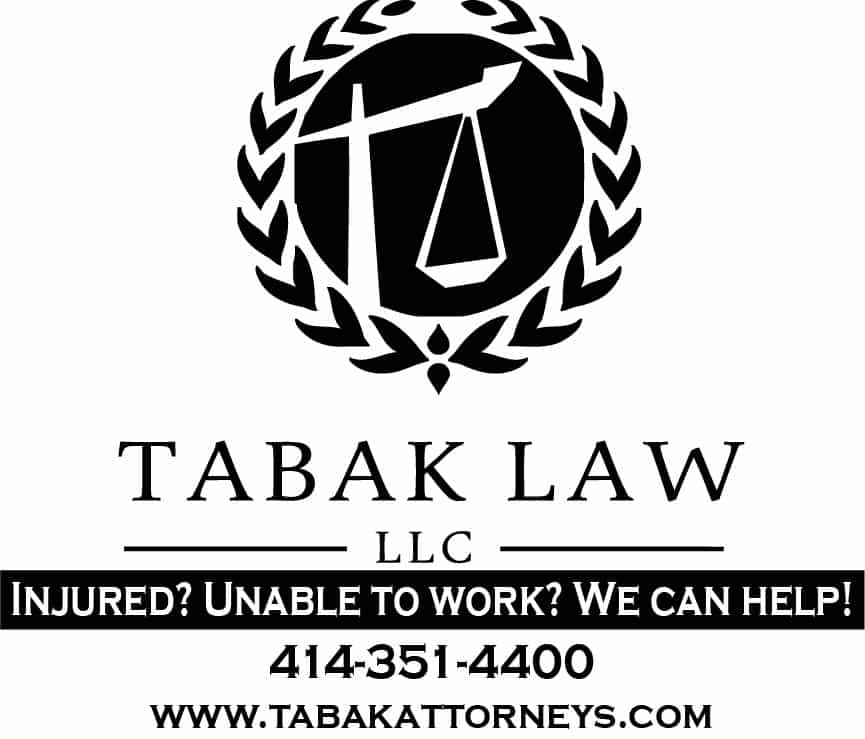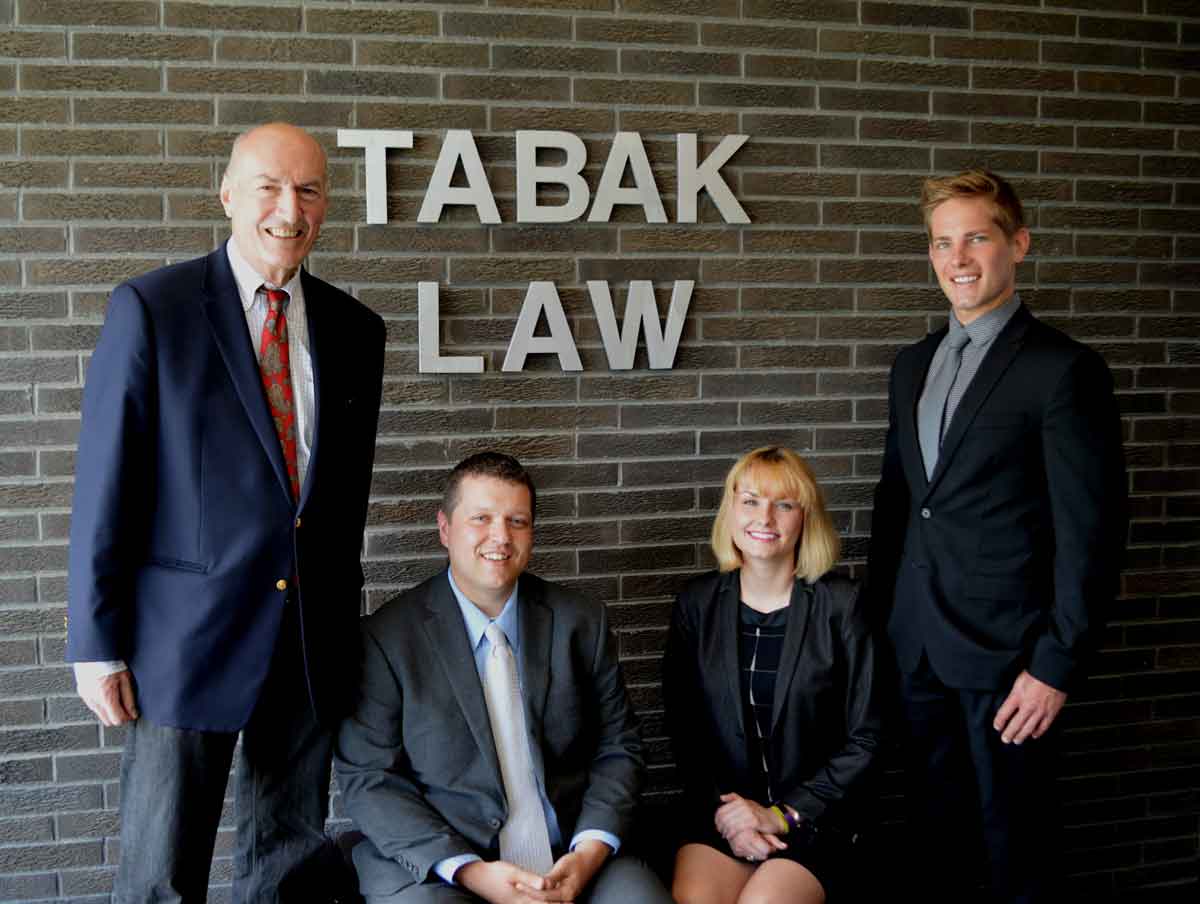Do You Qualify for Social Security Disability?
Do You Qualify for Social Security Disability? To qualify for Social Security Disability benefits, applicants must be able to prove to the Social Security Administration (SSA) that they can meet its rigorous eligibility criteria.
The first criteria that an applicant needs to meet is proving that their disability is permanent. This means that your illness will last for at least a year, or you have a disability that is terminal. Due to this timeframe, it is highly recommended that all applicants keep their medical records and other essential paperwork up-to-date. This will prevent any confusion between the applicant and the SSA.
The SSA will attempt to decide whether or not an applicant’s disability prevents him or her from engaging in “substantial gainful activity” (SGA) on his or her own behalf. The SSA will also look to see if the applicant’s disability prevents them from performing the normal day-to-day tasks of their previous job.
Finally, the SSA will judge whether or not the condition at hand make it difficult for the applicant to find a new job due to the impairment itself, or due to age or education.
There are two federally funded programs that provide benefits to those who are considered disabled. They are Social Security Disability Insurance (SSDI) and Supplemental Security Income (SSI).
What is SSDI and Do You Qualify for Social Security Disability?
Social Security Disability Insurance is paid for by the Social Security tax fund. Individuals who qualify for SSDI must have enough credits in their job history in order to qualify for monthly payments. It’s important to know that applicants who are applying for SSDI must have paid Social Security taxes on their wages long enough to qualify for benefits. This means that all applicants who qualify for SSDI must have a steady work history. The work credit requirements can be less for younger applicants under the age of 22 because they can use their parents’ work credits on their application.
Supplemental Security Income is funded through general tax revenues. This allows applicants who do not have a steady work history to apply and to qualify. In order to qualify for SSI, applicants must either be over the age of 65, be legally blind, have a disability and the total number of assets for the whole family is less than $3000.What is SSI?
The SSA will consider assets as a part of an applicant’s income, which include salary, pensions, other benefits, such as inheritance. The SSA will consider assets as a part of an applicant’s resources, which include any stocks, real estate that they own and cash savings. Applicants may eligible for SSI payments under these requirements regardless of work history or lack of.
Common Reasons for Denial
Due to the large volume of Social Security disability claims, denial rates for applications at the initial stage are currently around 60%. In the first level of appeals, or the reconsideration stage that number skyrockets to around 80%.
One of the most common reasons for denial are the inability of an applicant to prove the severity of a disability. This can be due to the fact that there are insufficient or lack of medical records. Another common reason is that the applicant does not have enough work history to meet the work credit requirements of the SSA. Also, many applicants are unfamiliar with the complexities of the Social Security appeals process, and are unaware of the proper procedures to follow if their cased is denied.
In order to avoid these problems, it is highly recommended that applicants continuously seek treatment from doctors and other medical professionals and make sure to keep all of their records organized and up-to-date. Also, the experience and professionalise of a Social Security advocate or attorney can be very helpful, for example, if an applicant’s case is denied at the initial stage.
Disability vs. Retirement
SSDI, SSI, and Social Security Retirement are the three benefits programs that are run by the Social Security Administration. A common question that many people who are SSDI or SSI benefits are what will happen to their disability payments once they reach retirement age.
If you qualify and receive SSDI, some or all of your monthly payments may be converted to retirement benefits once you reach retirement age. Please note that the total amount of benefits should remain the same. You have to notify the SSA immediately if your payment goes up, you will be responsible for the repay them if any excess money awarded to you in an error.
If you qualify and receive SSI, you might be able to keep some or all of your monthly benefits. However, this all depends on the amount of your retirement benefit. If your retirement benefit increases your monthly income, some or all of your need-based SSI payments might be decreased or taken away all together.
If You Qualify…If you think you qualify for SSDI or SSI, please take our free disability case evaluation or contact Tabak Law today at (844) 432-0114.



